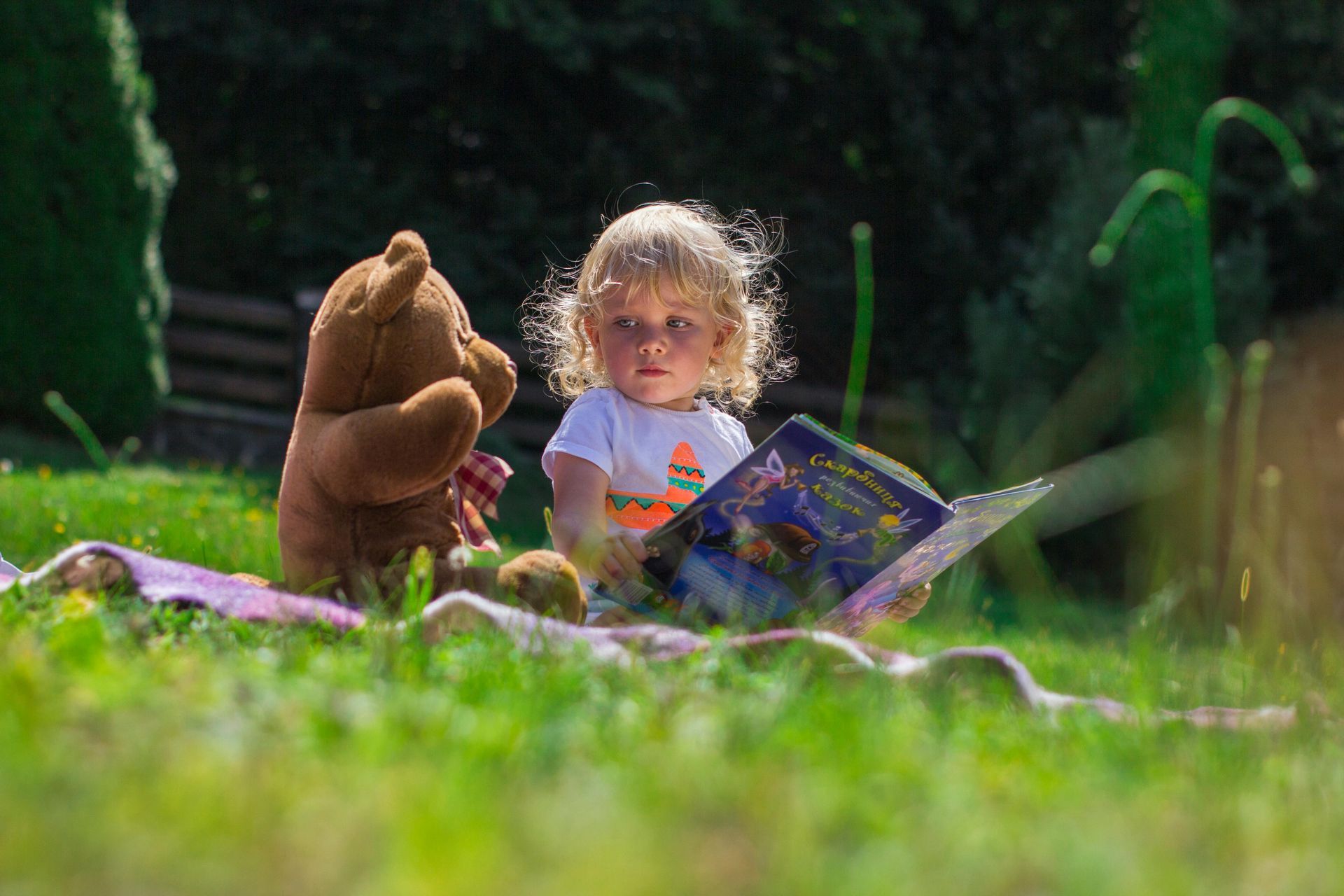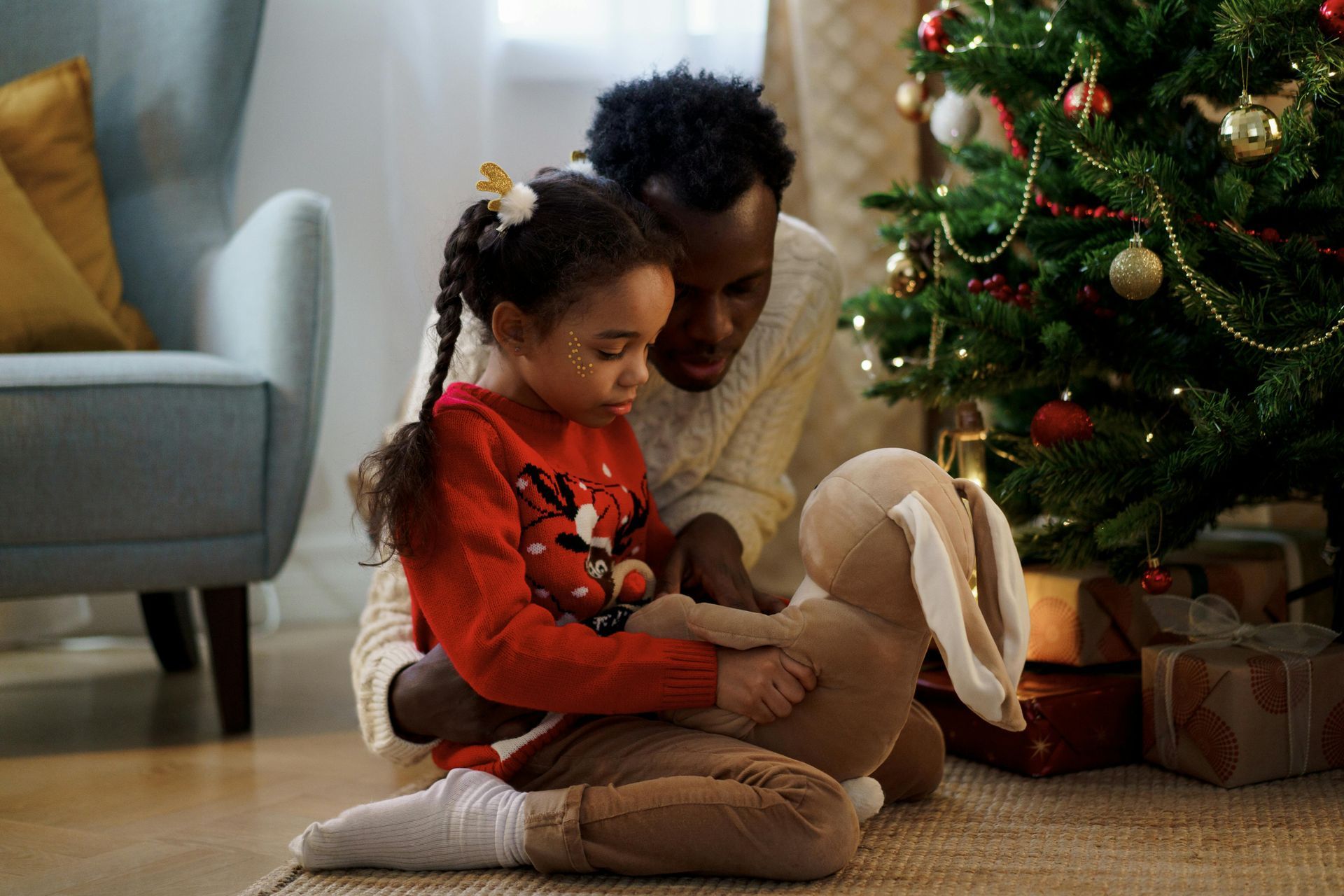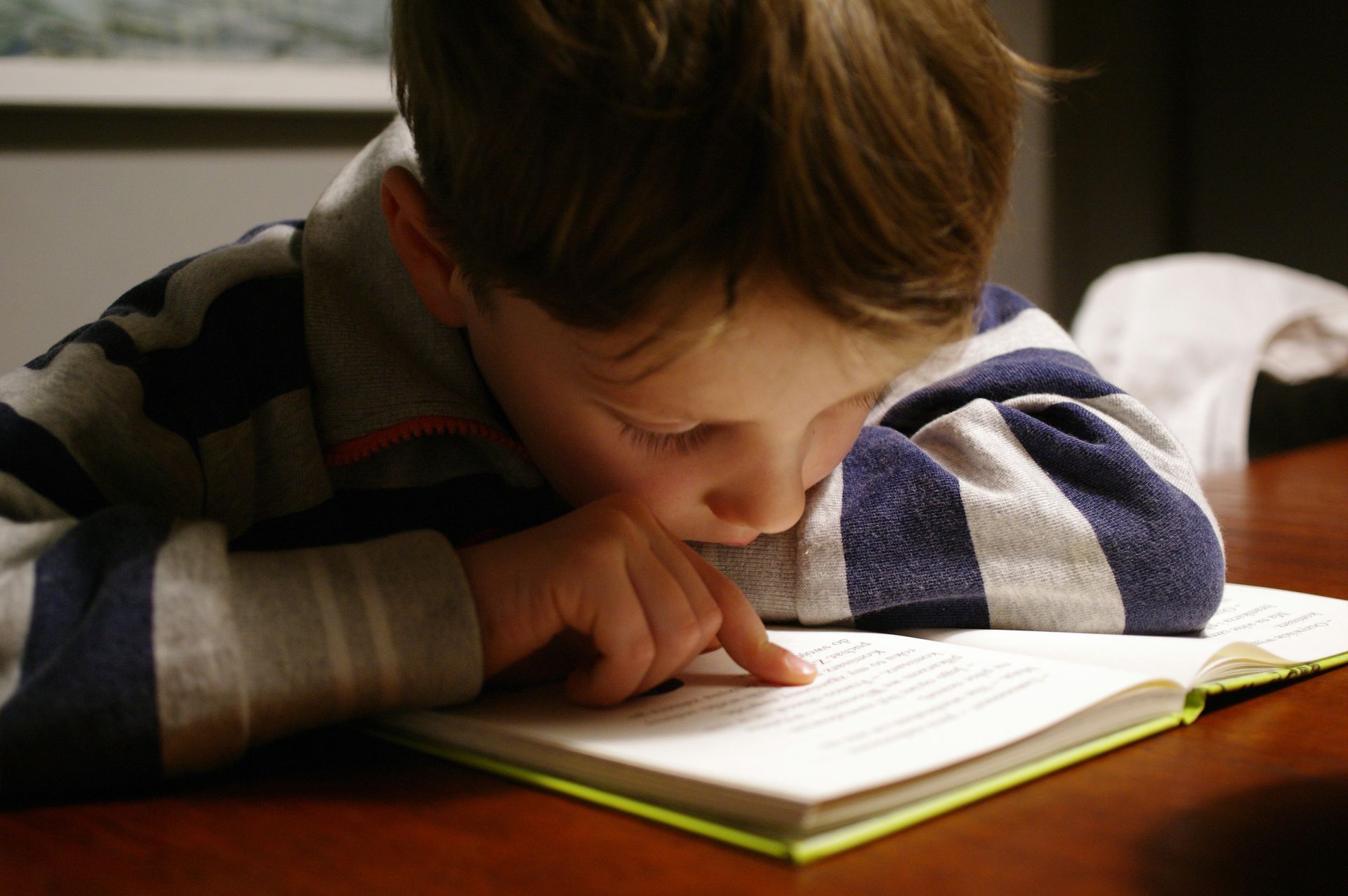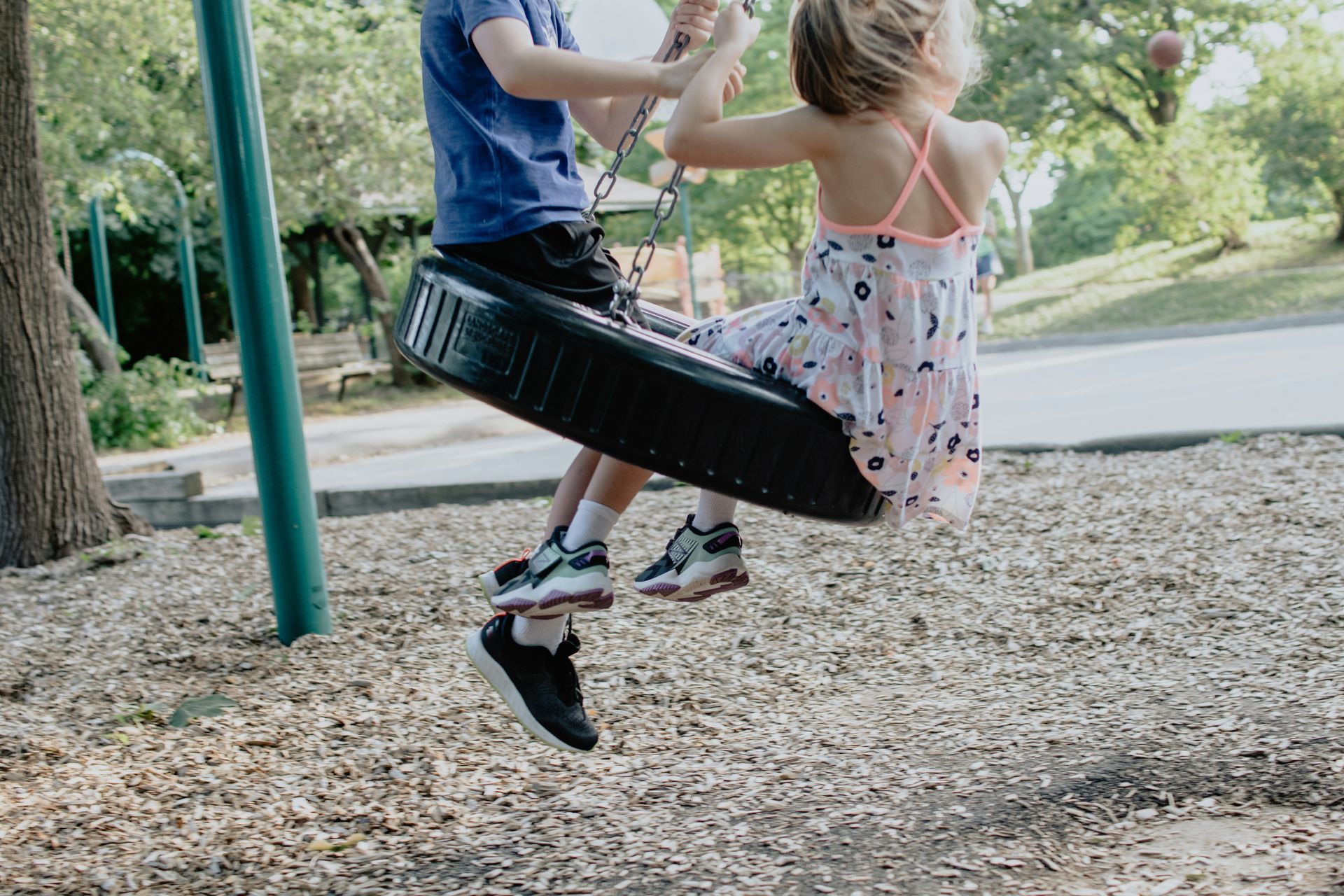Turning Children's "Negative" Feelings into Positive ones.
Millie Rowe • 6 September 2024
Helping children manage their emotions can be challenging, but it is also incredibly rewarding. Properly addressed, negative emotions can be transformed into valuable learning experiences. Here’s how parents can guide their children to better emotional resilience:
- Understand and Validate: Start by listening and acknowledging your child's feelings. This validation shows them that their emotions are important and understood.
- Teach Emotional Identification: Help your child name their emotions. Books like Allie Mary's Mabel series are great tools, offering relatable scenarios for children to learn from. Understanding what they feel is the first step in managing emotions effectively.
- Redirect Energy: Negative emotions often come with energy. Guide your child to channel this energy into positive activities such as sports, arts, or other hobbies. This not only diverts their mind but also helps in expending energy constructively.
- Develop Problem-Solving Skills: Work with your child to find solutions to emotional triggers. This empowers them to handle similar situations in the future and view problems as manageable.
- Use Positive Reinforcement: Acknowledge when your child handles a situation well to reinforce positive handling of emotions. This encourages them to continue using the strategies they learn.
- Continued Learning and Discussion: Utilize resources like the Mabel book series to initiate discussions on different emotions and coping mechanisms. These stories make complex feelings accessible and discussions about them more engaging.
By applying these strategies, parents can help their children turn challenging emotions into opportunities for growth, promoting emotional intelligence and resilience. Each step not only addresses the current emotion but also builds a foundation for future emotional challenges, preparing children to face the world with confidence and empathy.

by Millie Rowe
•
7 October 2024
In a digital age where screen time often dominates the daily activities of children, the importance of outdoor play has never been more crucial. Outdoor activities offer a multitude of benefits for children's physical, emotional, and social development. Physical Benefits Outdoor play significantly contributes to children's physical health. Activities such as running, climbing, and jumping are excellent for developing cardiovascular health, muscle strength, coordination, and balance. Exposure to sunlight during outdoor play is also vital for vitamin D absorption, essential for healthy bone development. Emotional Growth The great outdoors provides a unique setting that stimulates all senses, offering children rich experiences that indoor environments simply cannot match. This sensory play helps to cultivate curiosity and creativity. Moreover, overcoming physical challenges in a natural environment boosts self-esteem and resilience, teaching children the value of persistence and personal achievement. Social Skills Development Playing outside often involves group activities, which naturally encourage social interaction and cooperation. Whether it's a structured game of football or a spontaneous adventure in the park, children learn to negotiate rules, take turns, share success, and even handle disagreements. These interactions are crucial for developing strong social skills and learning to build relationships. Cognitive and Academic Advantages Studies have shown that children who engage in regular outdoor play demonstrate improved attention spans, better problem-solving skills, and higher academic performance compared to their less active peers. The natural environment is a dynamic and complex space that prompts children to think critically and make decisions quickly, enhancing cognitive abilities. Encouraging Outdoor Play To maximize the benefits, parents and educators should encourage children to engage in outdoor play as much as possible. This can be facilitated by setting up safe play spaces, organizing regular visits to local parks, and scheduling playdates with peers. Schools can also support outdoor learning environments that integrate curricular objectives with physical activity. In conclusion, outdoor play is not just about having fun. It is a vital part of childhood development that enriches health, enhances learning, and equips children with necessary life skills. Encouraging children to step outside and play is one of the best ways to ensure they grow up healthy, happy, and ready to face the world.
Design & Build by Kangaroo UK









